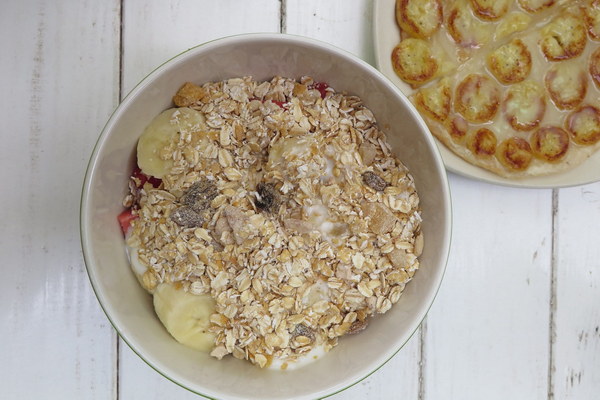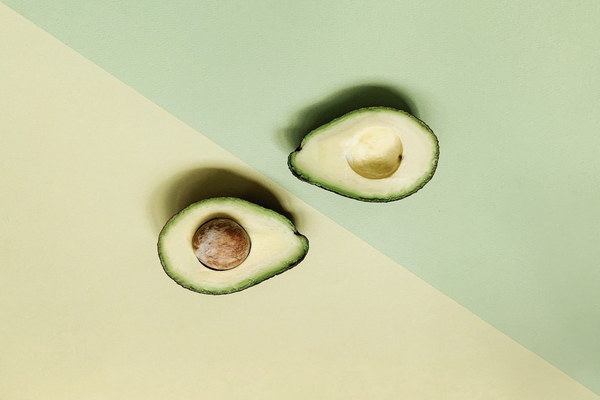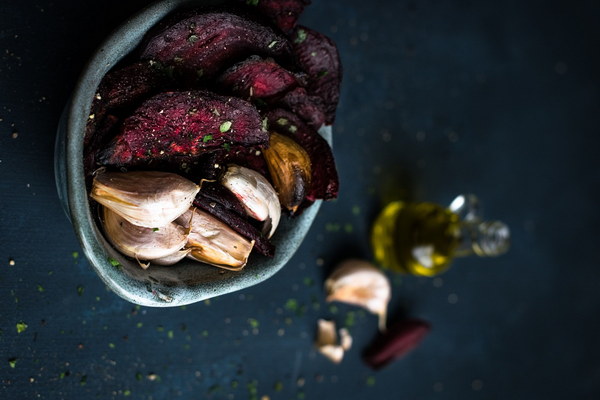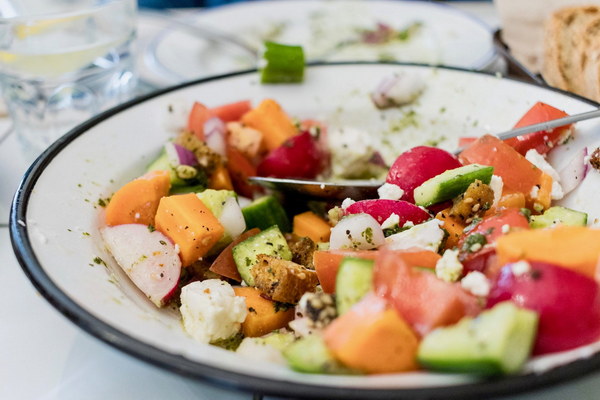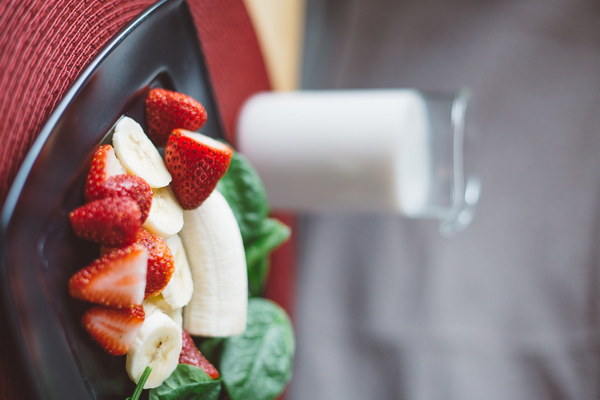Nutritional Therapy for Uterine Fibroids What to Eat for a Healthier Recovery
Uterine fibroids, non-cancerous tumors that develop in the muscle tissue of the uterus, are a common health issue affecting many women. While there are various treatment options available, including medication and surgery, many women prefer to incorporate dietary changes to support their health and recovery. This article explores the best foods to include in your diet if you have uterine fibroids, helping you to manage the condition more effectively.
1. Leafy Greens
Leafy greens such as spinach, kale, and collard greens are rich in iron, calcium, and vitamin K, which are essential for the health of your bones and blood. Iron helps to prevent anemia, a common side effect of fibroids that can cause fatigue and weakness. Calcium supports bone health, and vitamin K is crucial for blood clotting, which can be affected by certain medications used to treat fibroids.
2. Fruits
Fruits such as blueberries, strawberries, and raspberries are high in antioxidants, which help to protect your body against oxidative stress and reduce inflammation. These fruits are also rich in fiber, which can help to regulate your digestive system and prevent constipation, a common symptom of uterine fibroids.
3. Whole Grains
Whole grains, including brown rice, quinoa, and whole wheat bread, are an excellent source of fiber and B vitamins, which can help to improve energy levels and reduce the risk of anemia. Whole grains also contain magnesium, which can help to regulate menstrual cycles and reduce the symptoms of fibroids.
4. Legumes
Legumes, such as lentils, chickpeas, and black beans, are an excellent source of plant-based protein, fiber, iron, and folate. Folate is essential for DNA synthesis and repair, which can be important for women with fibroids to support healthy cell growth and reduce the risk of cancer.
5. Nuts and Seeds
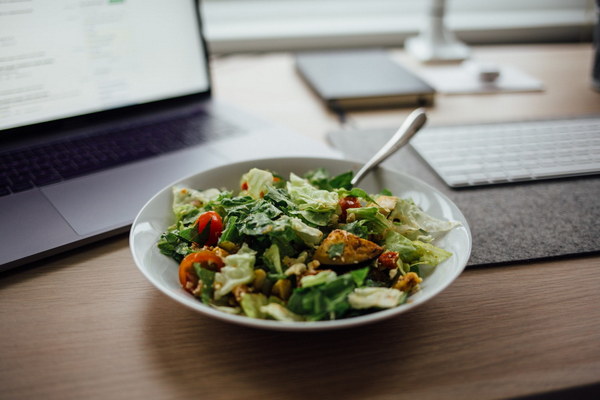
Nuts and seeds, such as almonds, walnuts, chia seeds, and flaxseeds, are rich in healthy fats, protein, and fiber. These nutrients can help to reduce inflammation, support bone health, and improve energy levels. Flaxseeds and chia seeds are also high in lignans, which have been shown to have anti-estrogenic properties and may help to reduce fibroid size.
6. Fatty Fish
Fatty fish, such as salmon, mackerel, and sardines, are an excellent source of omega-3 fatty acids, which have anti-inflammatory properties and can help to reduce the symptoms of fibroids. These fish are also rich in protein and vitamin D, which can support bone health and improve mood.
7. Herbs and Spices
Herbs and spices such as turmeric, ginger, and garlic have anti-inflammatory properties that can help to reduce the symptoms of fibroids. Turmeric contains curcumin, which has been shown to have anti-cancer properties, and ginger can help to alleviate digestive issues and reduce nausea.
8. Hydration
Drinking plenty of water is essential for overall health, including the health of your uterus. Staying hydrated can help to reduce the risk of constipation, which can exacerbate the symptoms of fibroids. Aim for at least eight glasses of water per day, or more if you are active or live in a hot climate.
While incorporating these foods into your diet can support your health and recovery, it is important to note that dietary changes alone may not be sufficient to treat uterine fibroids. It is crucial to consult with your healthcare provider for an accurate diagnosis and appropriate treatment plan. By combining a balanced diet with medical treatment, you can take a comprehensive approach to managing your fibroids and improving your overall well-being.
